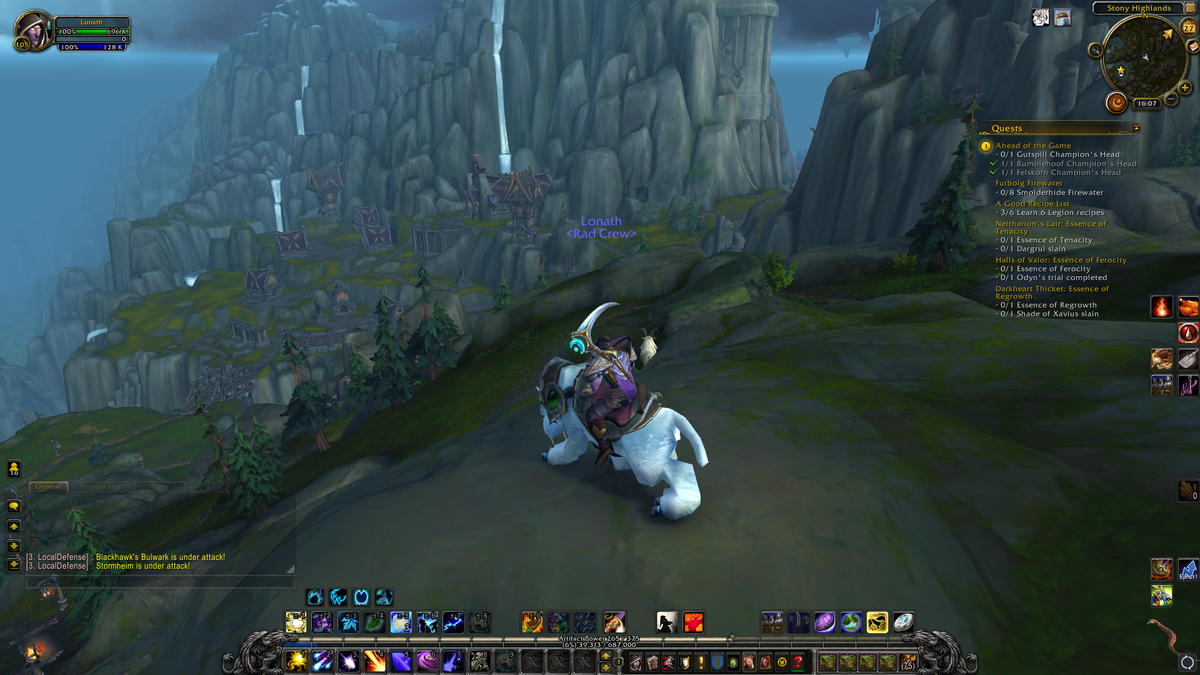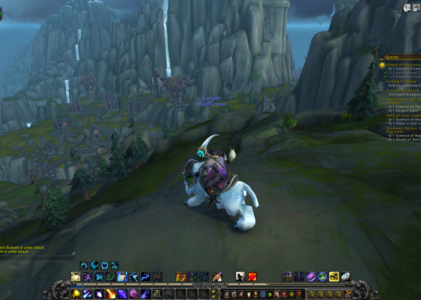Massively Multiplayer Online Role-Playing Games, or MMORPGs, have emerged as one of the most immersive and socially engaging genres in the gaming industry. Combining elements of traditional RPGs with a persistent online world, MMORPGs offer players a chance to embark on epic adventures with thousands of others from around the globe.
The roots of MMORPGs can be traced back to the early MUDs (Multi-User Dungeons) in the 1970s and 1980s. These text-based online role-playing games laid the groundwork for the genre’s evolution. However, it was not until the 1990s that the genre truly came into its own with the advent of graphical MMORPGs.
Early MMORPGs and the Birth of Virtual Worlds
In 1996, “Meridian 59” was released, becoming one of the first graphical MMORPGs. Developed by Andrew Kirmse and John Hanke, it introduced players to a vast virtual world where they could interact with each other and engage in epic quests. Building upon the foundations laid by “Meridian 59,” other MMORPGs like “Ultima Online” (1997) and “EverQuest” (1999) took the genre to new heights, attracting a dedicated and passionate player base.
The Social Experience: Building Communities in MMORPGs
One of the key aspects that set MMORPGs apart from other genres is the emphasis on social interaction. MMORPGs foster vibrant online communities where players can form guilds, join factions, and collaborate to overcome challenges. The ability to forge alliances and make friends with players from different backgrounds has been a defining feature of the genre.
Character Customization and Progression
In MMORPGs, players have the opportunity to create unique avatars that represent their in-game personas. Extensive character customization options allow players to personalize their appearance, skills, and abilities. As players progress through the game, they earn experience points, level up, and unlock new abilities, making their characters increasingly powerful and specialized.
Questing and Exploration: A World of Endless Adventures
MMORPGs are known for their vast and diverse worlds that are teeming with quests and challenges. Whether it’s slaying fearsome dragons, uncovering ancient mysteries, or participating in large-scale player-versus-environment (PvE) events, MMORPGs offer a plethora of content to keep players engaged for hundreds of hours.
Player-versus-Player (PvP) Combat: Competing for Glory
For those seeking a more competitive experience, many MMORPGs offer player-versus-player (PvP) combat. These intense battles pit players against each other in arenas, battlegrounds, or open-world skirmishes. MMORPGs like “World of Warcraft” (2004) and “Guild Wars 2” (2012) have developed extensive PvP systems, where players can test their skills and strategies against real opponents.
Evolving MMORPGs: Free-to-Play and Subscription Models
As the MMORPG genre evolved, different business models emerged to cater to a broader audience. Traditional subscription-based MMORPGs, such as “World of Warcraft,” required players to pay a monthly fee to access the game’s content. On the other hand, free-to-play MMORPGs, like “Guild Wars 2” and “Star Wars: The Old Republic” (2011), allowed players to experience the game without a subscription but offered optional in-game purchases for cosmetic items or convenience.
Endless Expansions: Keeping the World Alive
To keep the virtual worlds of MMORPGs fresh and engaging, developers regularly release expansions that introduce new content, storylines, and gameplay features. These expansions not only breathe new life into the game but also give players more reasons to return to the immersive world they have come to love.
Community Events and In-Game Celebrations
MMORPGs often host community events and in-game celebrations that coincide with real-world holidays or special occasions. These events bring players together, fostering a sense of camaraderie and shared experiences within the gaming community.
MMORPGs and Esports: Competitive Multiplayer
In recent years, some MMORPGs have embraced the competitive nature of esports by introducing organized player-versus-player tournaments and events. These esports competitions have further solidified the genre’s presence in the gaming industry.
Popular MMORPGs: Iconic Titles
Throughout the years, numerous MMORPGs have left a significant mark on the gaming community. “World of Warcraft,” developed by Blizzard Entertainment, is undoubtedly one of the most iconic and influential MMORPGs to date, with millions of players worldwide immersing themselves in the fantasy realm of Azeroth. Other noteworthy titles include “Final Fantasy XIV” (2010) by Square Enix, “The Elder Scrolls Online” (2014) by ZeniMax Online Studios, and “Black Desert Online” (2015) by Pearl Abyss.
The Future of MMORPGs: Persistent Worlds and Virtual Realities
As technology continues to evolve, the future of MMORPGs looks promising. Advancements in virtual reality and augmented reality may bring about more immersive and interactive experiences, allowing players to step directly into the virtual worlds they love. Additionally, persistent, ever-expanding worlds may become the norm, blurring the lines between virtual reality and real life.
Conclusion
The MMORPG genre has given rise to vast virtual worlds, united millions of players, and created experiences that span generations. From humble beginnings as text-based MUDs to the sprawling, visually stunning worlds of today, MMORPGs have played a crucial role in shaping the gaming industry. With advancements in technology and a dedicated community of players, MMORPGs are bound to continue captivating and connecting gamers worldwide for years to come. So, immerse yourself in a realm of endless possibilities and explore the captivating world of MMORPGs. Adventure awaits!

